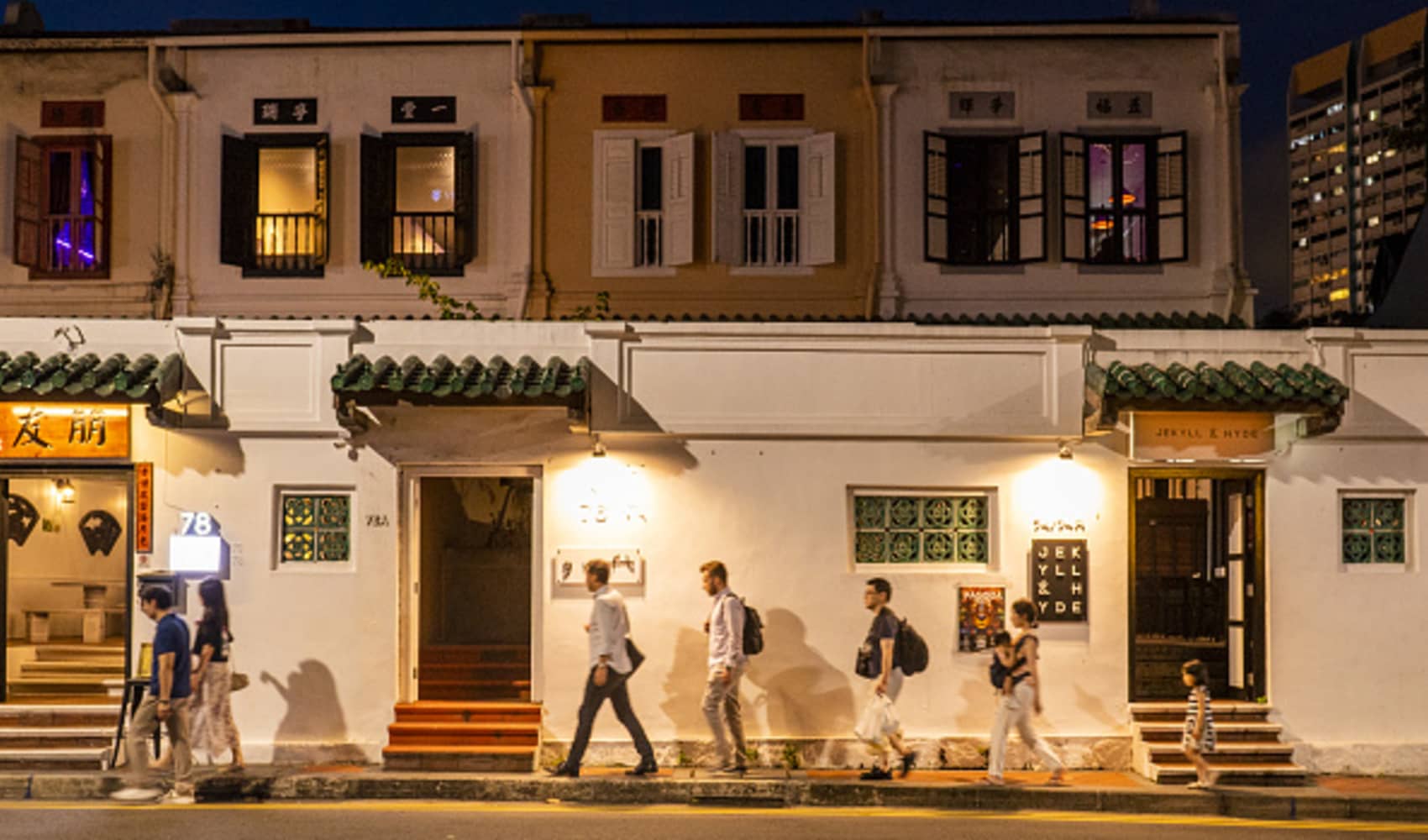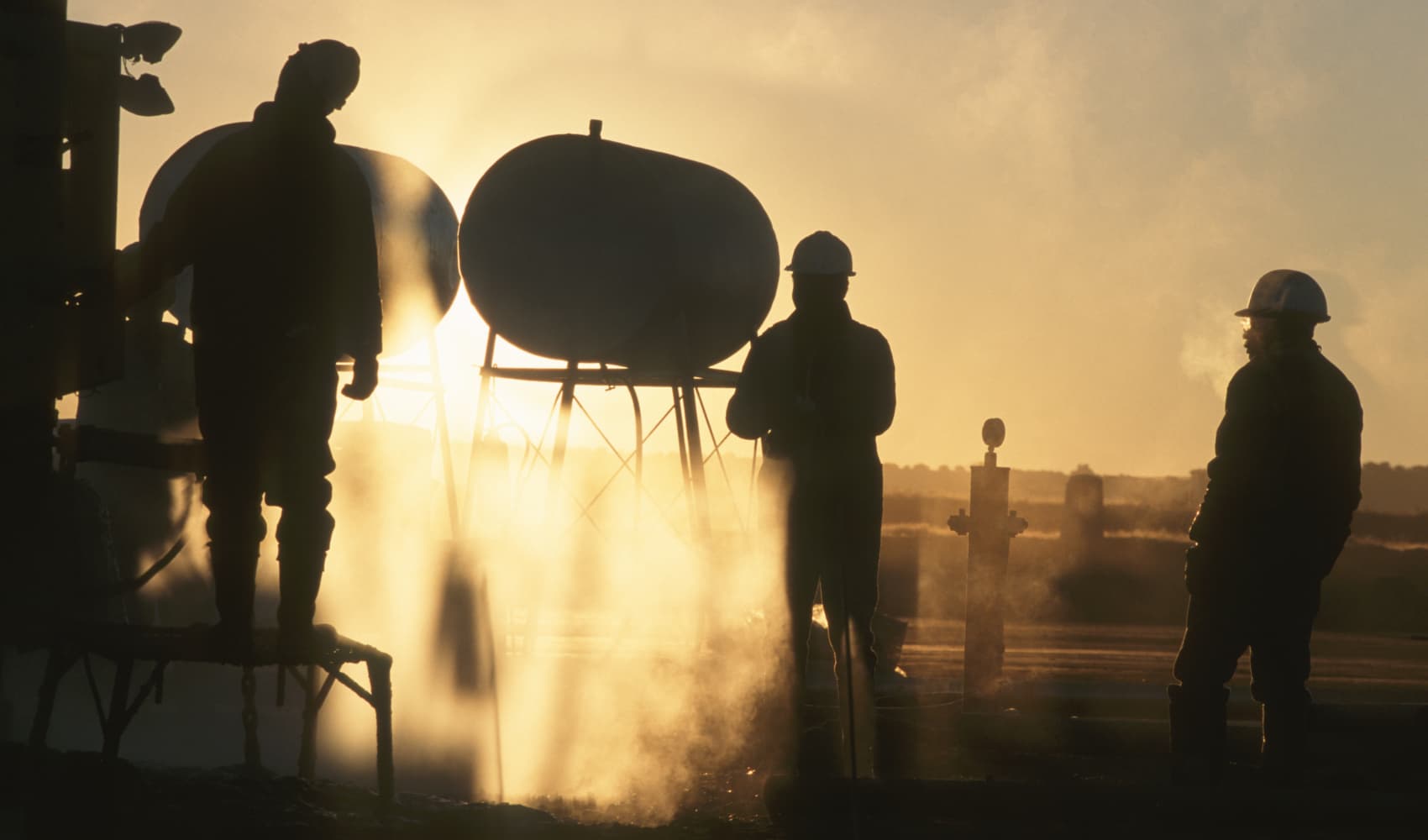
- CEO and founder Shivani Siroya started TALA after a career in investment banking sprinkled with stints at the United Nations and other organizations focused on global health.
- On a mission to accelerate financial health for underserved populations, the company's mobile platform provides access to loans of $10 to $500 to people in Mexico, Kenya, India and the Philippines.
- Siroya says it's important to ensure disruptive innovation does not come at the expense of consumer protection, and that cryptocurrencies have the potential to advance financial inclusion globally.
If Shivani Siroya knows one thing to be true, it's this: the underserved deserve credit.
Siroya started fintech company TALA after a career in investment banking sprinkled with stints at the United Nations and other organizations focused on global health. On a mission to accelerate financial health for underserved populations, the company's mobile platform provides access to loans of $10 to $500 to people in Mexico, Kenya, India and the Philippines. Its customers typically have no formal credit history, so it relies on its own data science to analyze other factors to assess risk.
TALA is a two-time CNBC Disruptor 50 company that ranked No. 20 on this year's list, and has raised more than $200 million in venture funding from investors including PayPal Ventures, GV, and Revolution Growth. It's part of the groundswell of dollars flowing into fintech disruptors that are taking on the banking incumbents with promises of a better customer experience.
Get Southern California news, weather forecasts and entertainment stories to your inbox. Sign up for NBC LA newsletters.
CNBC recently spoke with Siroya, who says it's important to ensure disruptive innovation does not come at the expense of consumer protection, and that cryptocurrencies have the potential to advance financial inclusion globally.
The following Q&A has been edited for length and clarity.
CNBC: Prior to starting TALA, you worked for the United Nations and a slew of investment banks. What prompted you to walk away from those high-profile jobs and embark on this journey?
Money Report
Siroya: My previous experiences are actually what started me on this journey. I was conducting microfinance research with the UN Population Fund after grad school and spent time with thousands of small business owners across West and Sub-Saharan Africa. I was struck by the lack of financial options they had to improve their livelihoods, especially credit. These were people the formal financial sector hadn't figured out how to serve.
This was a massive problem that wasn't being addressed and a massive market. Only 31% of the adult population globally is covered by a credit bureau and around 3 billion are considered financially underserved. Millions more are entering a middle class that doesn't have the financial tools to serve them. The magnitude of the problem and opportunity were why I ultimately decided to start TALA.
CNBC: Where does the name TALA come from?
Siroya: The word 'tala' actually has different meanings across the countries where we work. It translates to rhythm in Sanskrit, star in Tagalog, and lock in Hindi – all of which happen to connect back to our values in some way. We chose the name because of this universality and simplicity. We wanted something that would be both accessible and meaningful across the globe.
CNBC: TALA customers typically have no formal credit history, meaning the company relies on a wealth of personal and behavioral data to assess risk and determine eligibility for a loan. Have you seen resistance from customers who offer access to their information, especially against the backdrop of a recent rise in cyberattacks? How are you protecting users' data?
Siroya: We haven't really seen resistance from our customers because TALA makes it clear the data we use is to underwrite them for a loan, which any potential customer consents to provide before applying. We also make it clear that TALA will never sell or turn over any personal data to third parties, besides what is required legally by governments. But I do think it's a healthy concern that every consumer should weigh before using TALA or any other app that uses data. We use best-in-class data protection standards to keep our customers safe and are constantly improving our methods.
CNBC: In May, you announced a partnership with Visa aimed at putting stablecoins into digital wallets and helping the unbanked gain access to cryptocurrencies. Federal Reserve chair Jerome Powell testified on Capitol Hill last week, and it's pretty clear that he is not a fan of digital coins – especially stablecoins. What do you make of his comments?
Siroya: I understand why governments would be hesitant about anything that could be perceived to hamper their ability to regulate monetary policy but no matter how you feel about cryptocurrency and digital currencies, almost everyone agrees that they are here to stay in some form or another.
We're a mission-driven technology company, meaning we believe in wielding technology for good. We're always going to pursue a new technology if we think it can help our mission, and our view is that cryptocurrencies have the potential to advance financial inclusion globally. The markets where TALA operates are some of the earliest and fastest adopters, and we think we owe it to our customers to explore these solutions. We also have a record of working with regulators to design policy around new consumer technologies – we think it's important to ensure that disruptive innovation does not come at the expense of consumer protection.
CNBC: A new study found that 66% of states earn a 'C' grade or worse for personal finance education… that suggests states could do a far better job of teaching financial literacy in their schools. What role is TALA playing in that effort?
Siroya: Financial education has always been a core focus for TALA especially since many of our customers are new to formal financial services. For example, this past year we launched a variety of new educational tools that reached over 2.8 million customers, including TALA's in-app Learn Center, where customers can access over 126 articles on healthy financial habits and responsible borrowing, free financial courses available on our websites, and one-on-one financial coaching, which we offered to over 60,000 customers. We also launched a new financial health measurement tool with personalized advice, based on a methodology developed with the Financial Health Network.
CNBC: You and Robinhood have a very similar mission: "Democratize finance." While your business models are very different, how do you think about the way that you're achieving that goal, compared to a company like Robinhood?
Siroya: We share Robinhood's belief that the financial system should work for everyone. But beyond that, our approach is very different. To start, we are working with a fundamentally different customer. The typical underbanked person in an emerging market has a steady, even salaried, income, but is still transacting mostly in cash and relying on informal, sometimes predatory services. They can't borrow formally, because they don't have a credit history. They can't safely save or store their money, because bank accounts have high minimum balance requirements and too many hidden penalties. They can't pay bills or send money to family without losing additional money in transaction fees. They don't have insurance to help them manage financial shocks, such as medical emergencies.
We've had to radically rethink the basics of how people use, protect and grow their money to design a new ecosystem of services to meet this customer's needs. We are not so much democratizing finance as rebuilding it from the ground up.
Sign up for our weekly, original newsletter that goes beyond the list, offering a closer look at CNBC Disruptor 50 companies, and the founders who continue to innovate across every sector of the economy.






